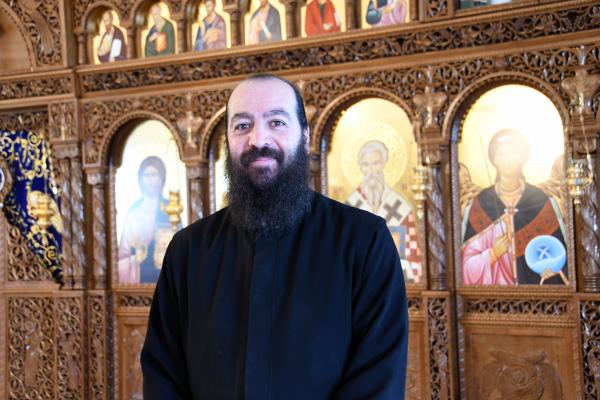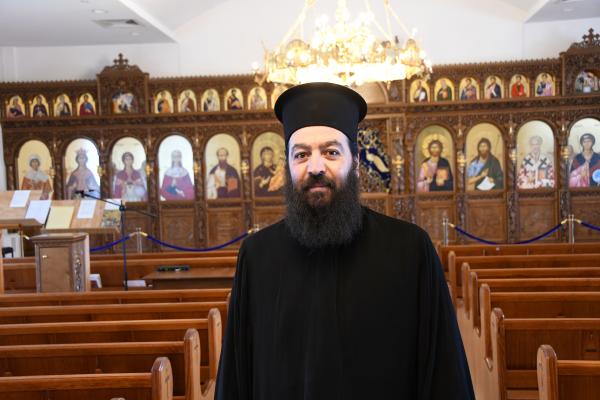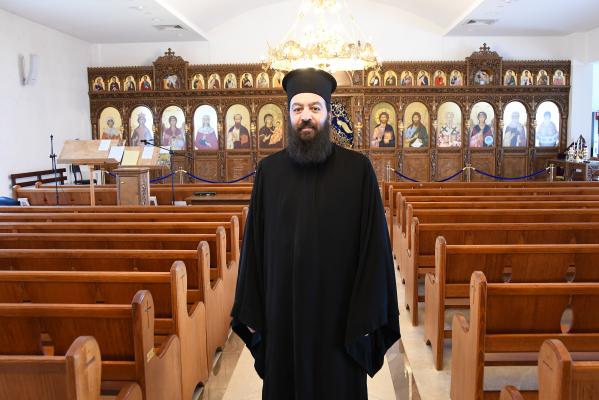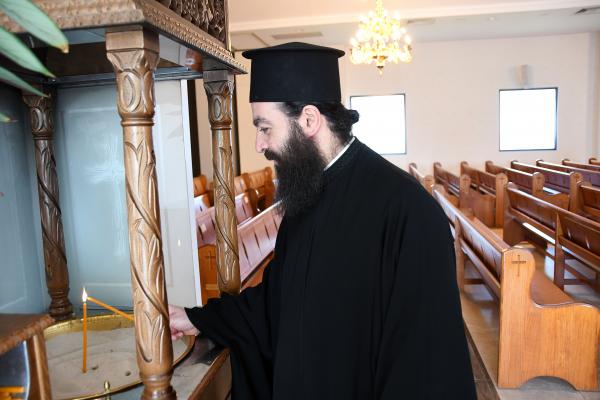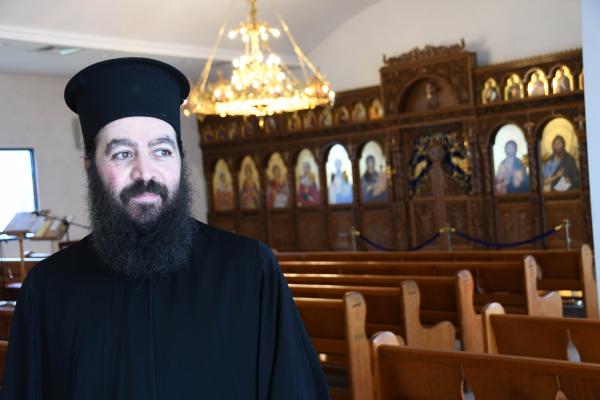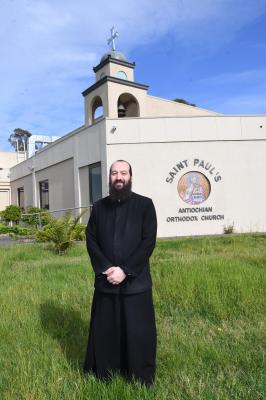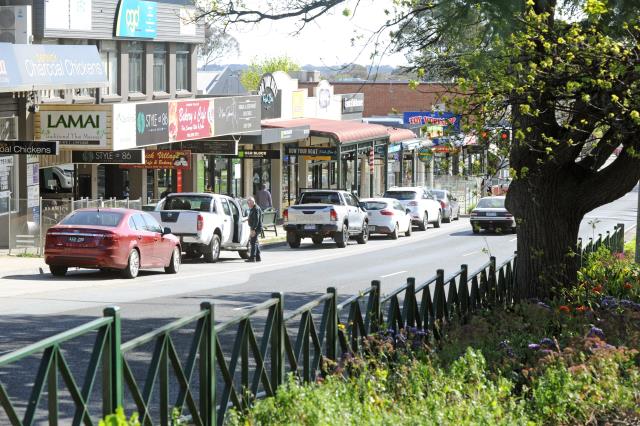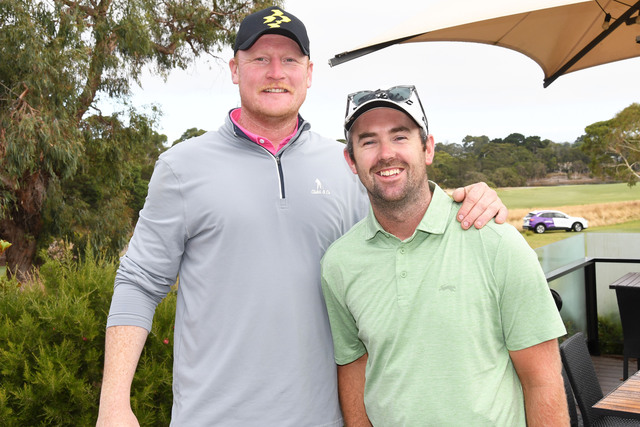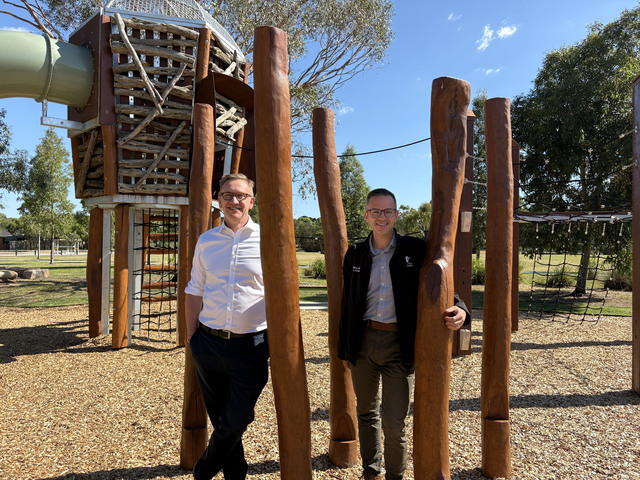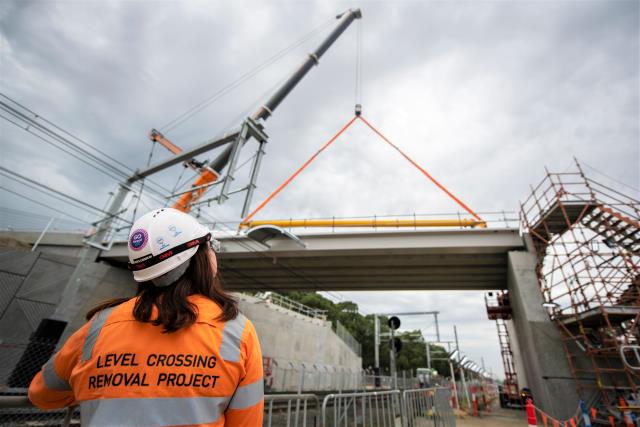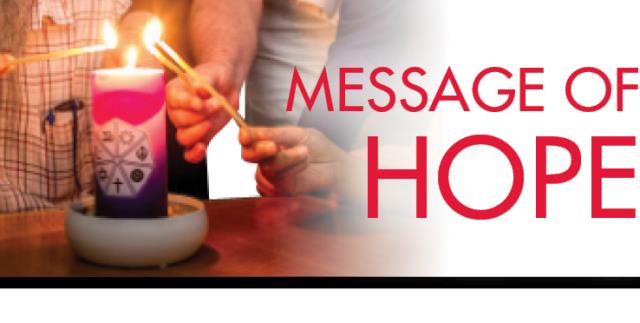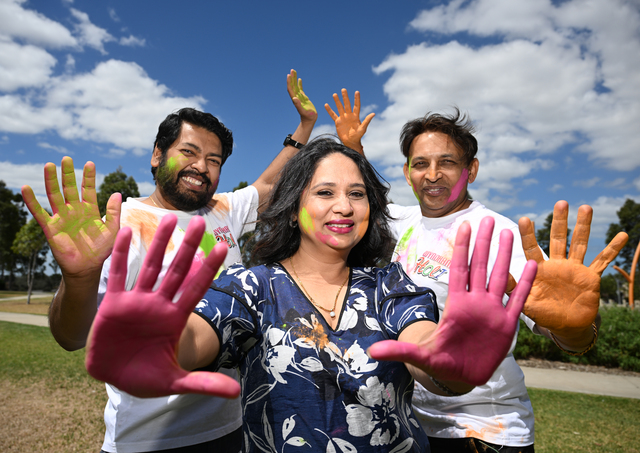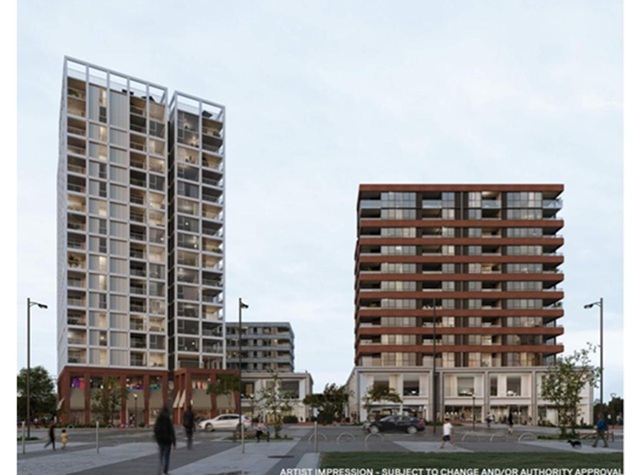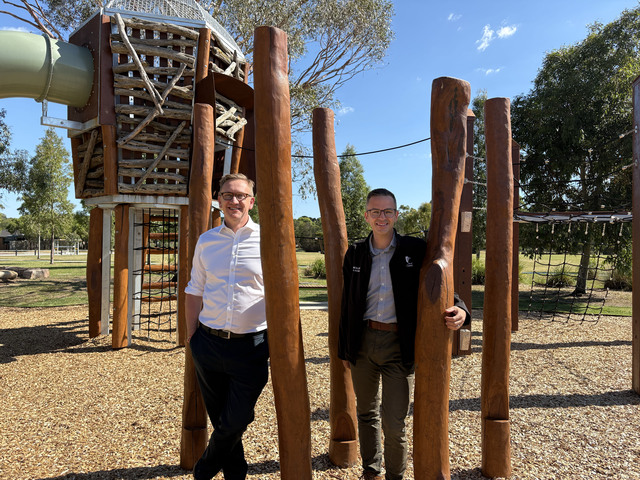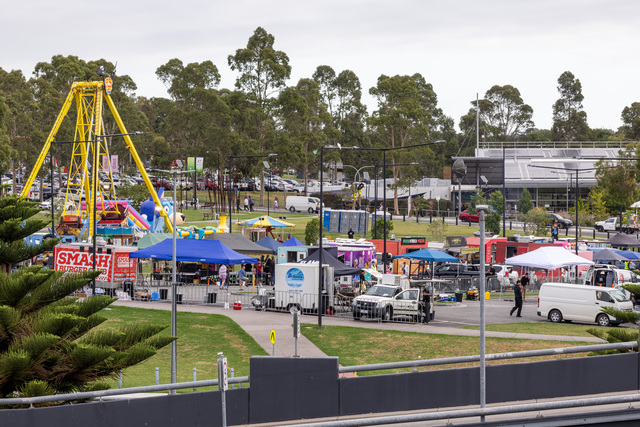Keep your eye on the better times ahead.
That’s the Covid-coping message from Greater Dandenong Interfaith Network’s newly-elected president Father Jean Mawal.
“We can look forward to doing what we normally do,” the leader of St Paul’s Antiochian Orthodox Church in Dandenong says.
“If we’re caught up in ourselves, we can drown.
“If we can keep resilient by looking ahead, by planning to see family and friends and getting on our feet again.”
Fr Mawal takes the helm after 10 years with Victoria’s first and largest interfaith network.
In 2016, he was awarded City of Greater Dandenong’s citizen of the year award for his work on the council’s Challenge Family Violence project.
The Covid challenges have been immense as a faith leader and for his congregation. But the lessons have also been profound.
“It taught us to appreciate the simple things in life – like just having family, just having work, just having a place to worship to go to and a community around us.
“It taught us how important that was for us.”
Re-discovering the “simple essentials” of life could make us “progress better than before”, Fr Mawal said.
“Children are saying how joyful they are to have their parents around. To play a board game and having that one hour of exercise together.
“Everyone was so busy in life that we often missed the essentials.”
During lockdowns, places of worship have been closed. Their absence has heightened the struggle for the community, Fr Mawal says.
“Places of worship are regarded as non-essential services but we realise through this how essential they are.”
Fr Mawal says mental health calls for assistance dropped significantly at Easter and Christmas time.
It showed that people drew comfort just knowing it was a time for celebration, giving and family.
Meanwhile, the interfaith network’s usual functions such as bringing together faith leaders, holding interschool meetings as well as school and public tours of places of worship has gone online.
The aim under restrictions has been trying to maintain contact and reach out to people, as well as providing emergency relief.
Being isolated has been the “worst case scenario” for faith communities.
“We’re based on our community being together. We’re based on interaction. We’re based on support.
“That is what we base our belief on.”

